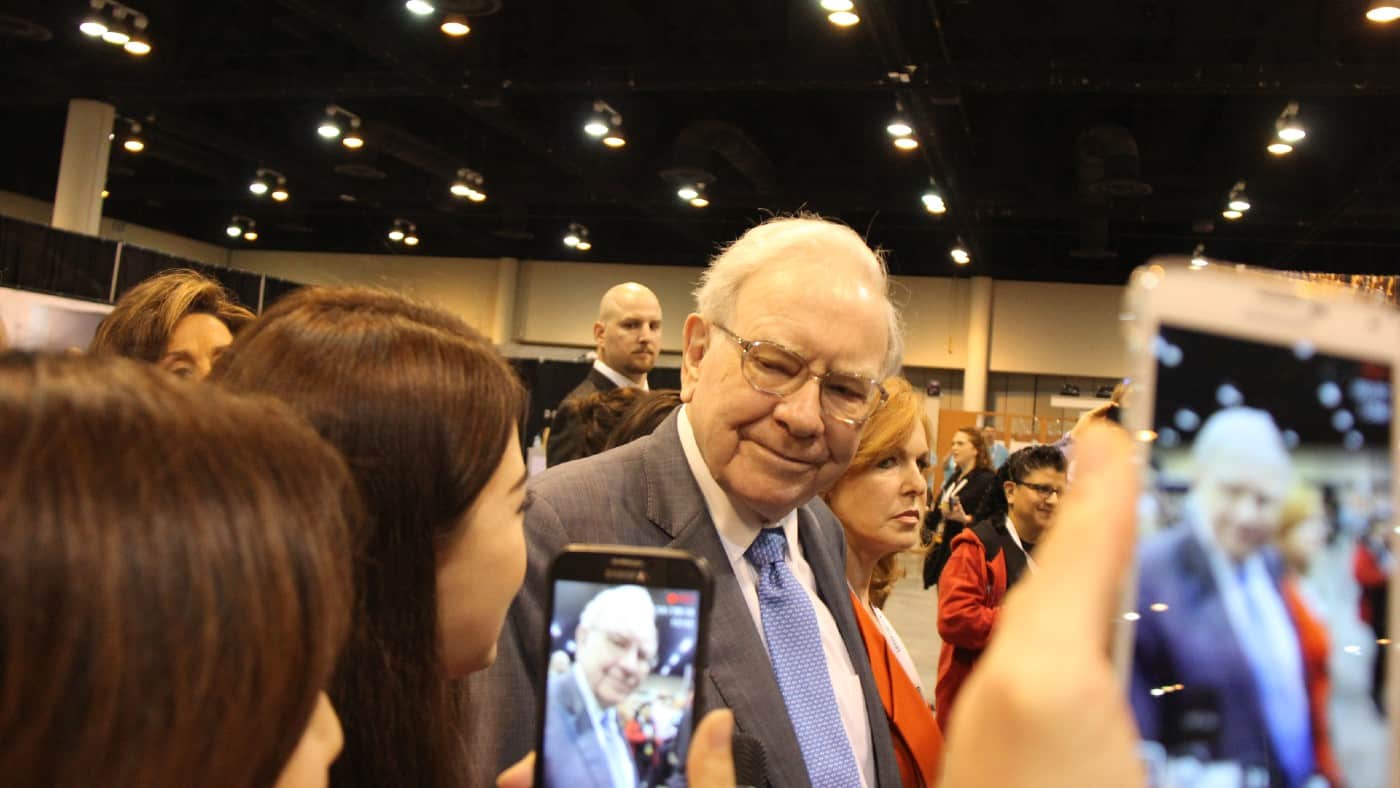Berkshire Hathaway (NYSE:BRK.A) (NYSE:BRK.B) stock will be a core holding for many Warren Buffett fans. The 92-year-old’s career has spanned many decades, inspiring multiple generations of investors.
But, once he leaves, what’s likely to happen to the company he’s spearheaded since 1965? Will the Berkshire Hathaway share price crash? Or can the business build successfully on Buffett’s legacy?
Let’s explore.
The business model
Berkshire is a holding company that owns subsidiaries engaged in diverse business activities, including insurance, utilities, finance, and other services.
The firm’s main source of capital is its insurance float (the difference between premiums collected and claims paid out). Buffett uses this as leverage primarily to invest in listed stocks and private businesses. This contrasts with the more conservative approach of many insurance companies, which often concentrate their portfolios in fixed income securities.
One advantage of this model is it’s a cheap source of finance. If the company borrowed the money instead, it would pay interest. Although the float represents a balance sheet liability, provided Berkshire’s insurance business remains profitable, it can continue to invest it.
Currently, Berkshire’s largest five positions are:
| Stock | % of Berkshire portfolio |
|---|---|
| Apple | 47.1% |
| Bank of America | 7.9% |
| American Express | 7.0% |
| Coca-Cola | 6.4% |
| Chevron | 5.5% |
Succession plans
Arguably, Berkshire’s greatest challenge is its post-Buffett future. The company’s become synonymous with its CEO, having been led by the billionaire for nearly 60 years. His impact can’t be overstated.
Between 1965 and 2021, Berkshire’s market value rose 3,641,613%. The company has outperformed the S&P 500 index for 39 out of 58 years under Buffett’s tenure.
So, what will happen when Buffett departs? Greg Abel, Berkshire’s vice-chairman for non-insurance operations, has been earmarked for the CEO job. Another vice-chairman Ajit Jain, who runs the firm’s insurance units, will support him.
No date has been set for Abel’s succession. However, Buffett has assured investors he has complete confidence in the Canadian’s abilities and his desire to preserve Berkshire’s culture.
A share price crash?
The precise impact of Buffett’s departure on Berkshire Hathaway stock is difficult to predict. A share price slump isn’t out of the question. Buffett will leave big shoes to fill. I wouldn’t be surprised if investors view Abel’s takeover with scepticism.
In addition, there’s the vexed question of Buffett’s own shareholding. He owns around 31% of the voting interest and around 15% of the economic interest in Berkshire. Upon his death, the vast majority of his stake will go to charities, including the Gates Foundation.
To ensure regulatory compliance, the Foundation will likely have to sell a significant number of Berkshire shares. A flood of shares entering the market could put pressure on the share price.
But this might also boost Berkshire’s representation in major indexes, attracting capital inflows from institutional investors. The stock’s currently underrepresented due to Buffett’s chunky personal stake.
These competing factors could be a recipe for volatility, potentially creating a once-in-a-lifetime buying opportunity for investors who are bullish on Berkshire’s post-Buffett future.
Personally, I’m not waiting that long to enter a position. I already own Berkshire shares. After all, Buffett has no immediate retirement plans and vice-chairman Charlie Munger is still going strong at 99. Buffett’s reign could continue for many years to come!








